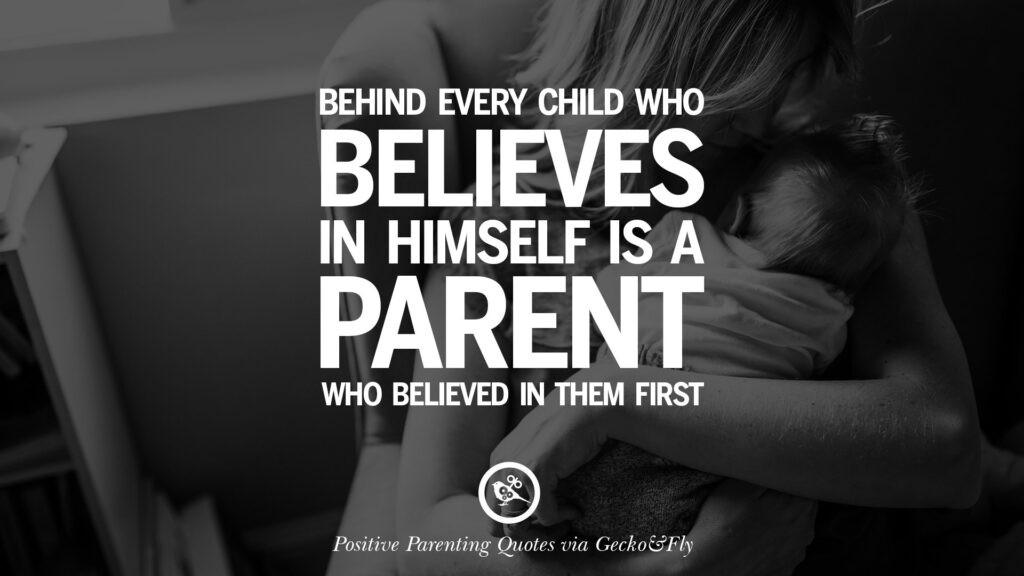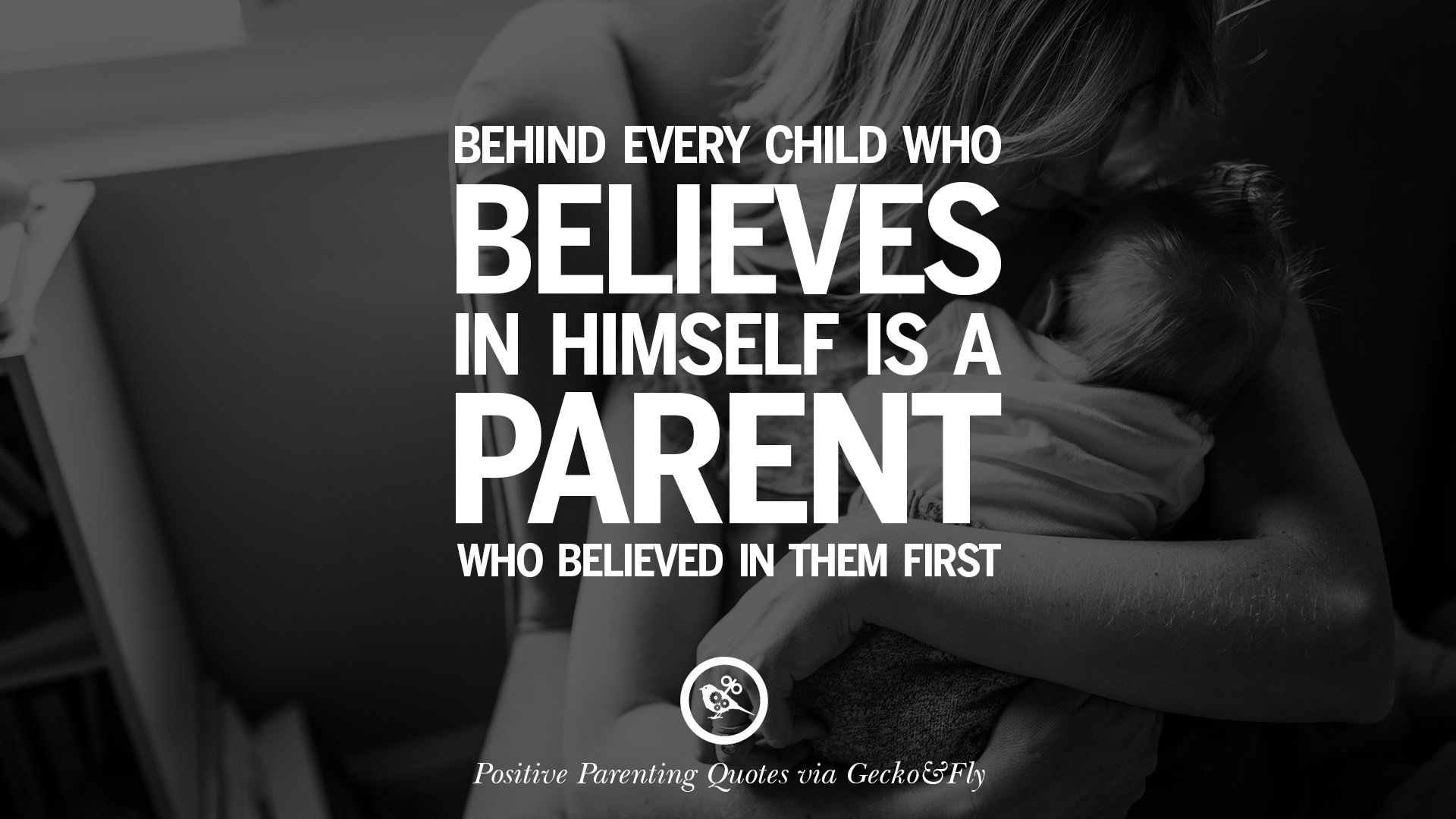
Unlocking Potential: Understanding the Role of a Thought Parent
The concept of a “thought parent” is gaining traction in personal development and child psychology. It refers to an individual who significantly shapes a person’s thinking, beliefs, and values, often serving as a primary influence in their intellectual and emotional development. Understanding the role of a thought parent can be crucial for self-awareness, personal growth, and fostering healthy relationships, especially in parenting and mentorship contexts. This article explores the various aspects of being a thought parent, its potential impact, and how to navigate this influential role responsibly. It is important to note that the influence of a thought parent can be both positive and negative, shaping a person’s worldview and self-perception for better or worse. Therefore, understanding this dynamic is crucial for fostering healthy development and self-awareness.
Defining the Thought Parent: More Than Just a Role Model
While similar to a role model or mentor, a thought parent operates on a deeper, more fundamental level. A role model might inspire specific behaviors or skills, while a thought parent influences the very framework through which someone interprets the world. They provide the foundational principles, beliefs, and values that guide decision-making and shape identity. This influence can stem from biological parents, teachers, mentors, or even significant figures in media and culture.
The key distinction lies in the internalization of the thought parent’s ideas. The individual doesn’t just admire or emulate; they adopt the thought parent’s perspective as their own. This process often happens unconsciously, particularly during childhood and adolescence when the brain is most susceptible to external influences. For instance, a child consistently exposed to a thought parent who emphasizes the importance of education and lifelong learning is more likely to internalize these values and prioritize academic pursuits. Conversely, a child exposed to a thought parent with negative self-talk and limiting beliefs may adopt those same patterns, hindering their self-esteem and potential.
The Impact on Belief Systems
A thought parent heavily influences the formation of core beliefs. These beliefs, often deeply ingrained and resistant to change, shape our perceptions of ourselves, others, and the world around us. They dictate our expectations, influence our behavior, and ultimately affect our life outcomes. For example, a thought parent who consistently reinforces the idea that hard work leads to success instills a belief that perseverance pays off. This belief can drive individuals to overcome obstacles and achieve their goals. Conversely, a thought parent who constantly criticizes and undermines a child’s efforts can foster a belief in inadequacy and self-doubt, leading to avoidance of challenges and a sense of learned helplessness. Understanding these influences is vital for personal growth and self-discovery.
Identifying Your Own Thought Parents
Identifying your own thought parent is a crucial step in understanding your beliefs and values. This process involves introspection and critical examination of the influences that have shaped your thinking. Consider the individuals who have had the most significant impact on your life, particularly during your formative years. Ask yourself:
- What values did they emphasize?
- What beliefs did they hold about the world?
- How did they react to challenges and setbacks?
- What did they teach you about yourself?
Reflecting on these questions can reveal the extent to which your thought parent has shaped your perspective. It’s important to remember that identifying a thought parent doesn’t necessarily imply a positive or negative relationship. It simply acknowledges the significant influence they have had on your development. This awareness allows you to critically evaluate the beliefs and values you’ve adopted and determine whether they still serve you.
The Role of Media and Culture
In today’s world, thought parent influences extend beyond immediate personal relationships. Media and culture, through books, movies, social media, and other platforms, can also exert a significant impact on our thinking. These sources often present idealized versions of reality, promoting specific values and beliefs. It’s crucial to be aware of these influences and critically evaluate the messages they convey. Consuming diverse perspectives and engaging in critical thinking can help mitigate the potential for undue influence from media and culture. [See also: Critical Thinking Skills for Adults]
The Thought Parent in Parenting: Fostering Healthy Development
For parents, understanding the concept of a thought parent is essential for fostering healthy emotional and intellectual development in their children. Parents serve as primary thought parents, shaping their children’s beliefs, values, and self-perception. It’s crucial to be mindful of the messages you convey, both verbally and nonverbally, as these messages can have a profound and lasting impact.
Promote a growth mindset by encouraging effort and perseverance rather than focusing solely on achievement. Teach children to embrace challenges as opportunities for learning and growth. Foster self-compassion by helping them understand that mistakes are a natural part of the learning process. Encourage critical thinking by asking open-ended questions and encouraging them to explore different perspectives. By consciously shaping your role as a thought parent, you can empower your children to develop a strong sense of self, resilience, and a positive outlook on life.
Avoiding Negative Thought Patterns
Be aware of your own negative thought parent influences and actively work to counter them. If you recognize that you’re perpetuating negative beliefs or patterns that you learned from your own thought parent, take steps to break the cycle. This might involve seeking therapy, practicing self-compassion, and consciously challenging negative thoughts. By addressing your own negative influences, you can create a healthier and more supportive environment for your children.
The Thought Parent in Mentorship: Guiding and Empowering
The concept of a thought parent also applies to mentorship relationships. Mentors often serve as thought parents, guiding and empowering their mentees by sharing their knowledge, experience, and perspective. However, it’s important for mentors to be mindful of the potential for undue influence and to avoid imposing their own beliefs and values on their mentees. The goal of mentorship should be to empower mentees to develop their own unique perspectives and to make informed decisions based on their own values.
Effective mentors encourage critical thinking, provide constructive feedback, and create a safe space for mentees to explore their ideas and beliefs. They help mentees identify their strengths and weaknesses and develop strategies for achieving their goals. By serving as a positive and supportive thought parent, mentors can play a vital role in helping their mentees reach their full potential. A responsible thought parent in a mentorship role prioritizes the mentee’s growth and self-discovery, rather than replication of their own path. [See also: Effective Mentorship Strategies]
Re-Evaluating and Re-Authoring Your Thought Parent Influences
It’s never too late to re-evaluate and re-author your thought parent influences. As you grow and evolve, your beliefs and values may change. It’s important to regularly examine the beliefs and values you’ve adopted from your thought parent and determine whether they still align with your current values and goals. If you find that certain beliefs are limiting or hindering your progress, take steps to challenge them and replace them with more empowering beliefs.
This process might involve seeking therapy, engaging in self-reflection, and surrounding yourself with positive influences. Remember, you have the power to choose your own beliefs and to create a life that is aligned with your values. Taking ownership of your thought processes and actively shaping your beliefs is a key step in personal growth and self-empowerment. By consciously choosing your influences and re-authoring your thought parent narrative, you can create a more fulfilling and authentic life. Understanding the power dynamics of a thought parent empowers individuals to consciously shape their own beliefs and values, leading to greater self-awareness and personal fulfillment. This is an ongoing process of reflection and adjustment, essential for navigating life’s complexities and achieving personal growth. Recognizing the impact of a thought parent allows for a more intentional and self-directed life journey. Ultimately, understanding the role of a thought parent is about taking control of your own narrative and creating a life that reflects your true values and aspirations. The influence of a thought parent is undeniable, but the power to shape one’s own thoughts and beliefs ultimately resides within each individual. By being mindful of these influences and actively engaging in self-reflection, individuals can unlock their full potential and live more authentic and fulfilling lives.
Conclusion: Embracing Self-Awareness and Conscious Influence
Understanding the role of a thought parent is a valuable tool for self-awareness, personal growth, and fostering healthy relationships. By identifying your own thought parent influences, you can gain a deeper understanding of your beliefs and values. As a parent or mentor, you can consciously shape your role as a thought parent to empower others to develop a strong sense of self, resilience, and a positive outlook on life. Embracing self-awareness and conscious influence allows you to create a more fulfilling and authentic life for yourself and those around you. Recognizing the profound impact of a thought parent empowers individuals to take control of their own narratives and shape their destinies. This understanding fosters greater empathy, stronger relationships, and a more compassionate worldview.

